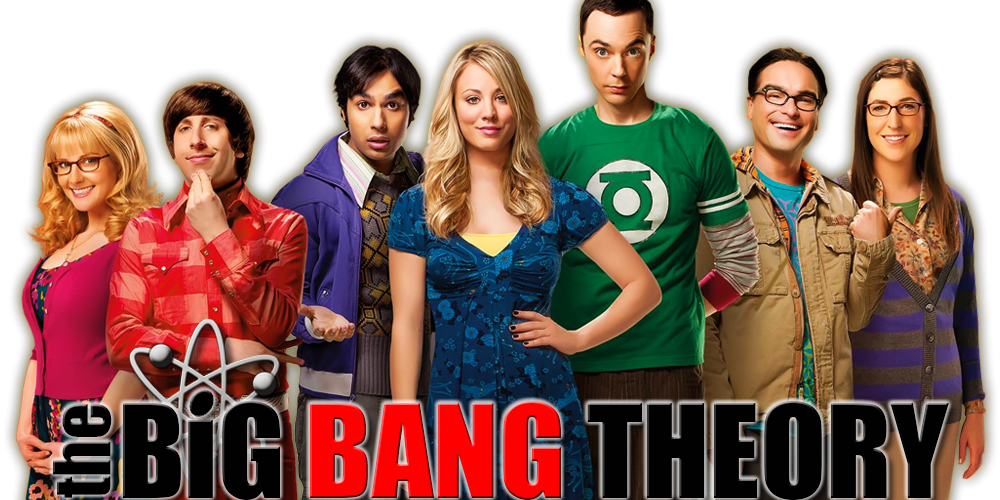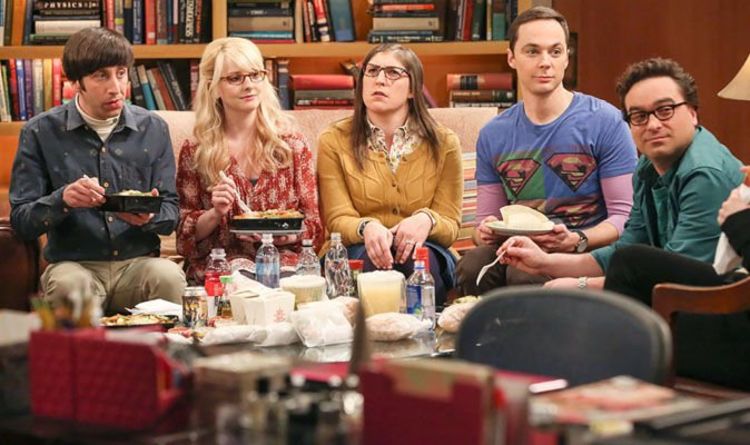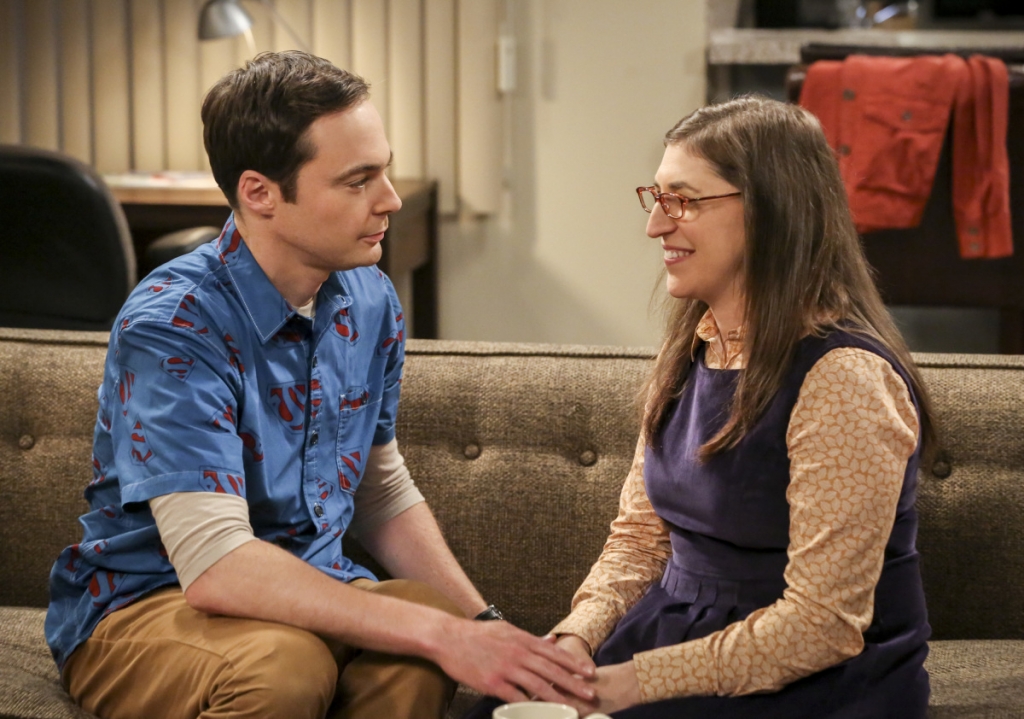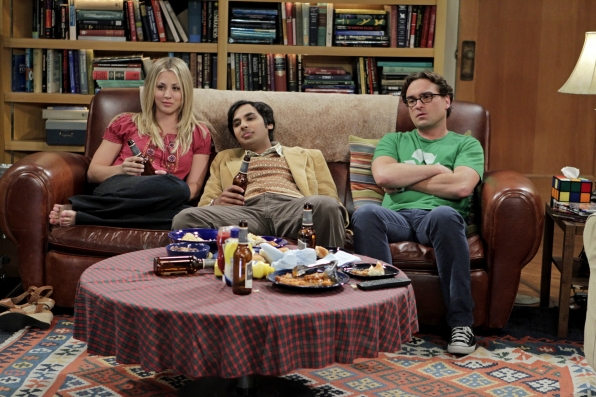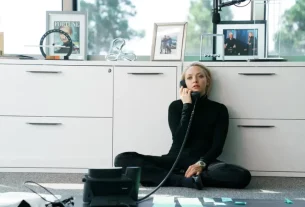The inexplicably popular geek sitcom has announced that its 12th season will be its last. Its demise should come as a relief to everybody.
Listen carefully. Can you hear it? Can you hear the sound of utter jubilation in the streets? The sighs of relief? The happy tears of joy? If you can’t hear it yet, you’ll hear it soon. Because The Big Bang Theory is ending, which means our long collective nightmare is finally over.
The US network CBS has announced that the 12th series of The Big Bang Theory will be the last, apparently because Jim Parsons was finally ready to leave the show. Producers have promised an “epic creative close” when the series ends in May. After that, The Big Bang Theory will be dead, and nobody will be sad.
Except, of course, they will. Because, inexplicably, The Big Bang Theory is still one of the most-watched shows on US television. It regularly gets more than 15 million viewers an episode, and, statistically, not all of them can be incapacitated to the point of being unable to change channels whenever it comes on.
Nothing confuses me more than The Big Bang Theory’s success. It has always been markedly less smart than it thought it was; the TV version of someone wearing a “GEEK” T-shirt because they liked a Facebook post about the moon once. Plus, it was packed to the gills with empty “hot girl” characters, which often made it feel tawdry and regressive.
But the fact that it’s still popular blows my mind. Watch any recent episode of The Big Bang Theory and you’ll see that it is barely even a sitcom at this point. It has been going on for so long that the writing, presentation and performances are more or less autonomous. Everyone is just glumly going through the motions, stuck in the tracks they’ve carved out for themselves over the years. It’s like watching a museum exhibit of a sitcom made with mannequins and miserable circus bears.
At least Jim Parsons, a fine comic actor when he isn’t being driven semi-conscious by brutal repetition, is now free. He is free to play what he actually is – a 45-year-old man – instead of a weirdly ageless man-boy trapped in a developmentally arrested closed-loop flatshare scenario more suited to somebody half his age.
Sitcoms, especially sitcoms that refuse to acknowledge basic biological change, can often start to look tragic quite swiftly. Fortunately, Parsons has avoided the fate of Jon Cryer who – by the series finale of Two and a Half Men – looked as if he had been kept young against his will by scientists – with sprayed-on hair and full-body Spanx. However, despite this, The Big Bang Theory’s cast aged out of the show’s premise a good half-decade ago, so the end is bound to come as a relief for them.
But let’s temper this jubilation with a note of caution. Just because The Big Bang Theory is ending, it doesn’t mean that The Big Bang Theory is ending. CBS clearly saw this coming, which is why it put Young Sheldon – a transparently cynical cash-grab masquerading as a prequel – into production. And, theoretically, this could simply be the start of the Big Bangiverse; TV in 2018 is such a compost heap of zombie programming, brought back to life to artificially extend the lifespan of a dead IP, that we should feasibly expect spin-offs about everyone from Leslie Winkle to Octavia Spencer’s DMV clerk in the near future.
We should deal with that when it happens, though. The Big Bang Theory is dead. If you need me, I’ll be dancing on its grave.
